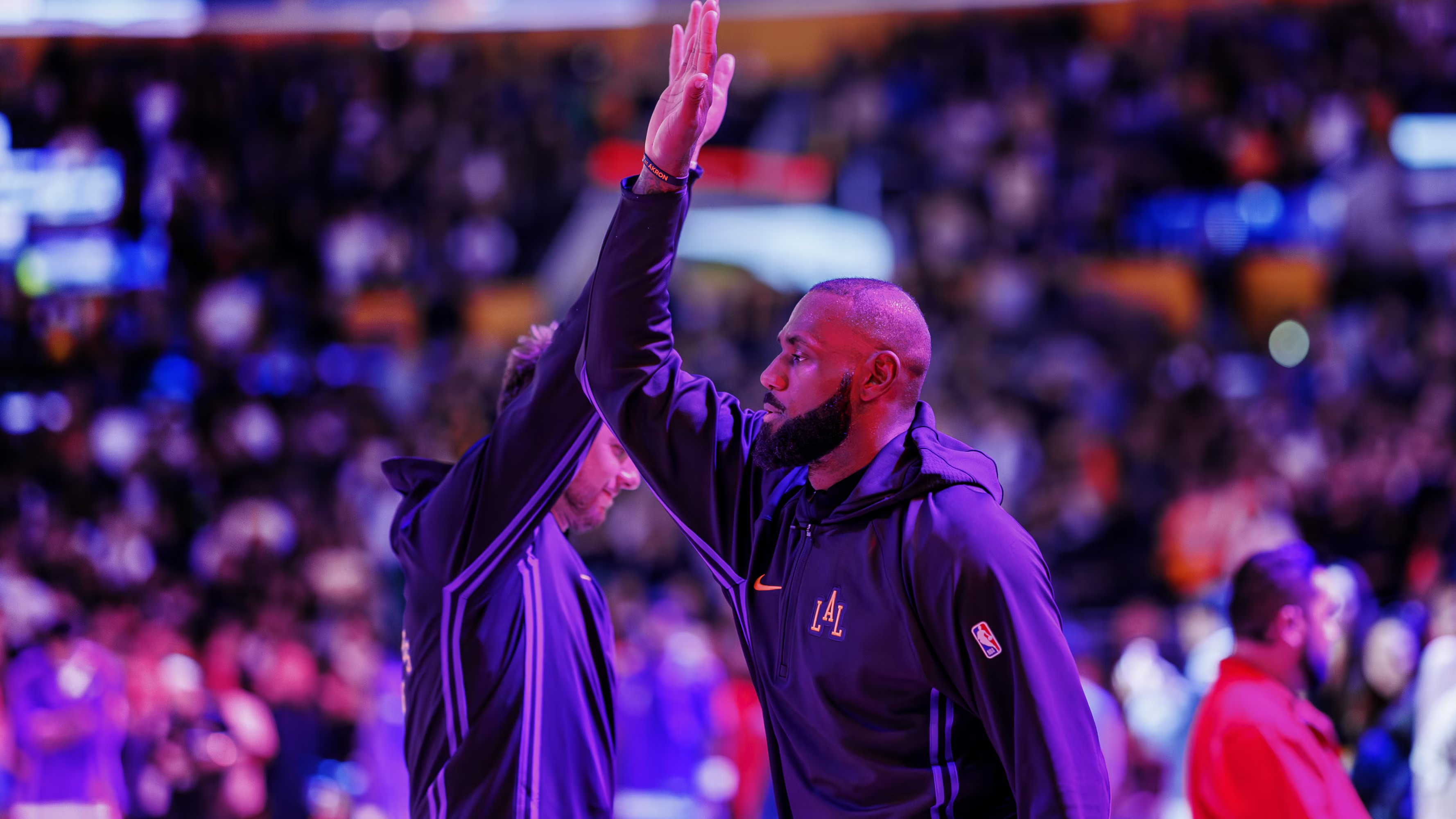“Beyond the Spotlight: The Journey of Emma Watson

Introduction: From Hogwarts to Humanity
When Emma Watson stood on the stage at the United Nations in 2014 and said, “If not me, who? If not now, when?” — she wasn’t reciting a line from a script. She was stepping into one of the most courageous roles of her life — not as Hermione Granger, the brilliant witch from Harry Potter, but as Emma Watson, the real-world advocate for gender equality.
This is not a story about fame.
It’s about transformation — of a girl who grew up in the glow of cinematic magic and evolved into a voice that demanded real-world change.
Chapter 1: The Girl Who Loved Books
Long before the camera lights or red carpets, Emma Charlotte Duerre Watson was simply a little girl in Oxfordshire, England, with an imagination that soared higher than the Hogwarts castle itself.
Born on April 15, 1990, to two lawyers — Chris Watson and Jacqueline Luesby — Emma was destined to speak with confidence, clarity, and conviction. She was a thinker, a dreamer, and most importantly, a reader. Books became her escape and her inspiration.
By the age of seven, she was already performing in school plays and reciting poetry with precision. Her teachers saw something in her — a spark of intensity and authenticity that couldn’t be taught.
When auditions opened for Harry Potter and the Philosopher’s Stone, Emma’s teacher encouraged her to try. At the time, she didn’t realize that this small audition would change the trajectory of her life forever.
Chapter 2: Becoming Hermione
At just nine years old, Emma auditioned for the role of Hermione Granger — a girl who was intelligent, brave, and unapologetically herself.
Out of thousands of hopefuls, she was chosen. The producers said she “was Hermione — through and through.”
When the first Harry Potter movie was released in 2001, Emma was instantly recognized worldwide. Fame came like a tidal wave — thrilling yet terrifying. She once said,
“At ten years old, I remember not being able to walk down the street without being stopped. I didn’t understand it. I just wanted to go to school.”
As the films progressed, Hermione became not just a character but a symbol — of intelligence, resilience, and empowerment for millions of young girls around the world. And Emma, in many ways, embodied those same traits.
But behind the curtain, the pressure was immense. Growing up in front of cameras meant that her every expression, every friendship, every mistake — became public property.
She admitted later,
“I felt caged at times. The world loved Hermione, but I didn’t know if they loved me.”
Chapter 3: The Crossroads of Identity
By the time Harry Potter and the Deathly Hallows wrapped up in 2011, Emma was 21 — a global superstar yet searching for her real self.
While many expected her to chase Hollywood fame, Emma did something that surprised everyone — she went back to school.
She enrolled at Brown University in the U.S., majoring in English Literature. For her, it wasn’t about prestige — it was about balance. About reclaiming the part of herself that fame had almost erased.
She once said,
“I wanted to be a normal student, to write essays, to make mistakes that weren’t broadcast to the entire world.”
At Brown, she was just Emma — not Hermione, not a celebrity — but a young woman discovering who she truly wanted to become.
Chapter 4: The Activist Awakens
It was during her university years that Emma’s sense of purpose deepened. She began reading about feminism, gender studies, and social justice.
She realized something startling: despite all her privilege and opportunities, the world still treated women unequally.
In 2014, she was appointed as the UN Women Goodwill Ambassador. It was here that Emma gave one of the most powerful speeches of her generation — launching the HeForShe campaign, a movement inviting men to join the fight for gender equality.
Her speech resonated across the globe. Millions watched as the girl who once cast spells in fiction now cast light in reality.
“Feminism isn’t about man-hating. It’s about equality. About freeing both men and women from the stereotypes that hold us back.”
Chapter 5: Redefining Power and Purpose
After the UN speech, Emma could have capitalized on her fame. She could have become a political figure or a brand ambassador. But she chose authenticity over attention.
She continued acting — starring in The Perks of Being a Wallflower, Beauty and the Beast, and Little Women — roles that reflected her own evolution from innocence to empowerment.
Outside the film world, she became an advocate for sustainable fashion, joining the board of Kering, one of the world’s leading luxury groups. She used her influence to promote ethical consumption and eco-conscious living.
“I’ve learned that the truest form of beauty is responsibility — to the planet, to people, and to oneself.”
Her activism wasn’t performative. It was purposeful — grounded in action, humility, and a deep understanding of the power of education.
Chapter 6: Private Battles, Public Lessons
Despite her global recognition, Emma often spoke about self-doubt and anxiety.
“There were times I felt unworthy of my success,” she confessed.
The pressure to be perfect — to always say the right thing, to look flawless, to represent an entire generation — weighed heavily.
In interviews, she discussed therapy, self-reflection, and the importance of boundaries. She emphasized that strength isn’t about having no fears — it’s about facing them openly.
“I learned to forgive myself for not being perfect. That was my greatest act of courage.”
Her openness about vulnerability made her even more relatable to young women everywhere — reminding them that success and struggle often coexist.
Chapter 7: The Woman Who Grew from the Girl
Emma Watson today stands as more than an actress — she’s a leader, a thinker, and a living example of what it means to grow with purpose.
Her story reflects a truth that resonates deeply:
That fame fades, but purpose endures.
That one can be both brilliant and uncertain, both graceful and human.
And that real power lies not in the spotlight — but in the quiet courage to stand for what’s right, even when no one’s watching.
Chapter 8: Legacy Beyond the Lights
As of today, Emma continues to support education for girls, environmental reform, and human rights.
She remains deeply private, occasionally retreating from public view to recharge and rediscover herself — a choice she defends proudly.
“Self-care is not selfish,” she says. “It’s how you make sure you have something real to give to the world.”
Her influence transcends her movies. She represents a generation of thinkers, readers, and changemakers who believe in empathy as the highest form of intelligence.
Conclusion: The Real Magic
Emma Watson’s story is not about luck — it’s about leadership.
Not about stardom — but about service.
She showed the world that it’s possible to live in two worlds at once — one of imagination and one of integrity.
And maybe that’s the real magic:
To be both human and hopeful in a world that too often forgets how powerful that can be.





